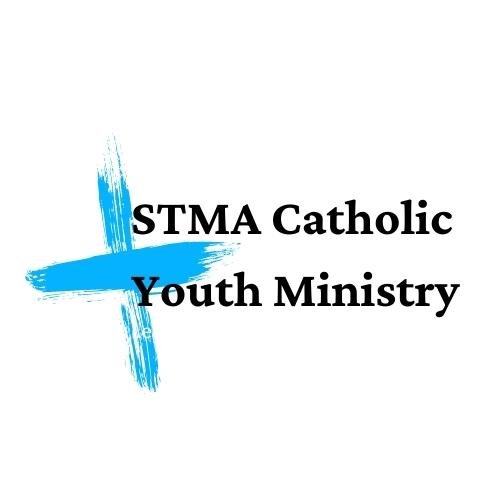Code of Conduct
The following is our Code of Conduct for STMA Catholic Youth Ministry:
CODE OF CONDUCT
The following are a few rules that all participants are expected to follow while participating and representing St. Albert and St. Michael Churches and other participating parishes.
Treat all other persons with respect and not cause any intentional harm (physically, emotionally, or spiritually) to any person in any way.
Respect the property of others, including all program facilities and property.
Follow all appropriate instructions of all personnel aiding in this event, including, but not limited to, chaperones, support staff, transportation personnel and administration.
Not have in my possession any tobacco, alcohol or any controlled illegal substance.
Does not participate in “bullying” as defined below.
Bullying is unwanted, aggressive behavior among school aged children that involves a real or perceived power imbalance. The behavior is repeated, or has the potential to be repeated, over time. Bullying can cause serious lasting effects for both parties involved.
To be considered bullying, the behavior must be aggressive and include:
An Imbalance of Power: Kids who bully use their power—such as physical strength, access to embarrassing information, or popularity—to control or harm others. Power imbalances can change over time and in different situations, even if they involve the same people.
Repetition: Bullying behaviors happen more than once or have the potential to happen more than once.
Three types of Bullying: Verbal, Social, and Physical
Verbal bullying is saying or writing mean things. Verbal bullying includes:
Teasing.
Name-calling.
Inappropriate sexual comments.
Taunting.
Threatening to cause harm.
Social bullying, sometimes referred to as relational bullying, involves hurting someone's reputation or relationships. Social bullying includes:
Telling other children not to be friends with someone.
Spreading rumors about someone.
Embarrassing someone in public.
Speaking behind their back in earshot of the victim.
Ignoring them on purpose.
Excluding others intentionally, for no other reason but to exclude them.
Leaving someone out on purpose: both directly or indirectly.
Direct verbal: Telling other children that they are not wanted in the group.
Indirect verbal: Telling other children to exclude a particular person from games or other group activities.
Indirect nonverbal: Walking away or ignoring particular children when they attempt to join the group. Telling other children not to be friends with someone.
Indirect: Telling other children that you do not understand why they are friends with a particular person.
Direct: Telling other children that you or your friends do not want to be friends with them anymore. Spreading rumors about someone.
Indirect: Telling others negative things about a particular person in order to damage or sabotage that person's close relationships or social reputation (e.g., writing rumors or insults about someone on a bathroom wall or spray painting an insult or slur on someone's locker).
Embarrassing someone in public.
Direct: Embarrassing or insulting other children over the internet or making embarrassing comments about others when they attempt to approach the group.
Physical bullying involves hurting a person's body or possessions. Physical bullying includes:
Hitting/kicking/pinching.
Spitting.
Tripping/pushing.
Taking or breaking someone's things.
Making mean or rude hand gestures.
Action and Consequences:
Any participant who fails to follow STMA Catholic Youth Ministries Code of Conduct will be addressed in order to uphold the morale and environment of our ministry.
Minor violations to the code of conduct will first be addressed with a verbal warning. In the case that the violation is repeated, parents will be notified and asked to review the code of conduct with their child. If the violation occurs again it will then be considered a serious violation.
Serious violations to the code of conduct will result in a conversation with a parent to discuss a proper way to move forward, this may include a suspension from STMA Catholic Youth Ministry events for a period of time.
